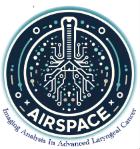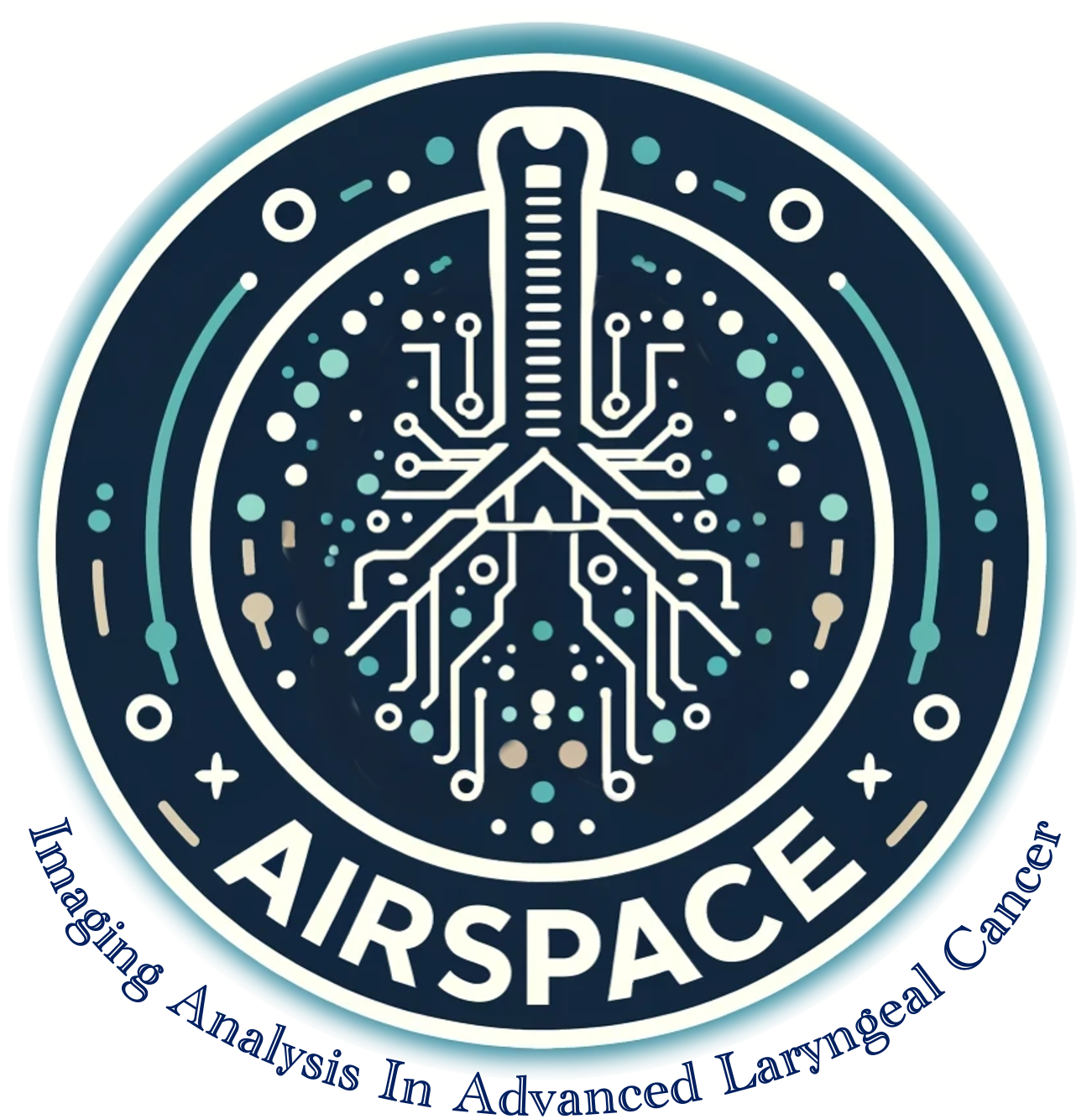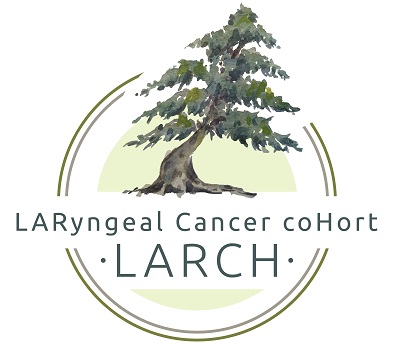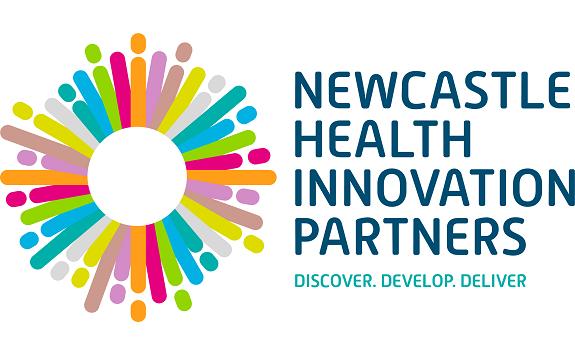About AIRSPACE Project
Each year, around 2,400 people in the UK are diagnosed with voice box (laryngeal) cancer, and for those with advanced disease, the survival rate remains poor.
As it stands, there are two main treatment options for patients. The first is medication (chemotherapy) combined with high energy x-rays (radiotherapy) which kills cancer cells. The other treatment is surgery that involves removal of the voice box (laryngectomy). Both treatment options are life changing and can dramatically impact a patient's quality of life. Treatment can cause problems with swallowing, voice and mental health. Patients may also need a tracheostomy (a breathing tube inserted into the windpipe) to assist with their breathing after treatment.
Despite the significant impact on quality of life, as head and neck cancer specialists, it is difficult to determine which patient will respond best to which treatment. With this in mind, this project aims to use advanced imaging analysis (radiomics) to identify patterns in cancer scans that can guide clinicians and patients in making informed treatment decisions, ultimately improving survival outcomes.
For more information, please explore the subsections.





